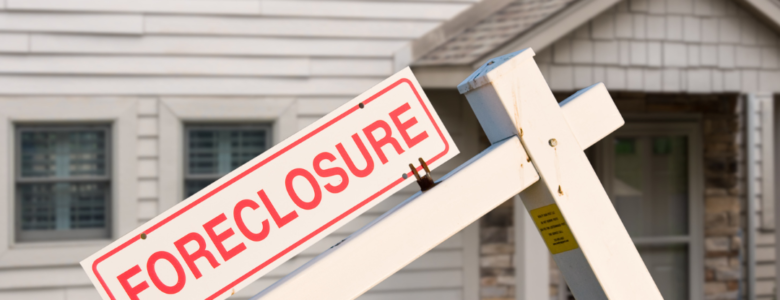In the sphere of reverse mortgages, preserving your home equity is crucial. Grasping the intricacies of this financial mechanism and adopting protective steps can safeguard homeowners from potential foreclosure threats. Let’s delve into practical tactics to evade reverse mortgage foreclosure and secure a financially stable future.
Prompt Settlement of Property Expenses
A significant factor in preventing reverse mortgage foreclosure entails promptly settling property expenses such as property taxes and homeowner insurance premiums. Late payments could instigate foreclosure proceedings, underlining the importance of attentiveness in meeting these obligations on time.
Uphold Good Condition Of The Property
Maintaining your real estate asset isn’t merely about appearances; it plays an essential role in averting foreclosures too. Regular maintenance ensures adherence to loan stipulations while demonstrating dedication towards conserving the house’s value, thereby reducing chances for a possible foreclosure scenario.
Review Loan Requirements Thoroughly
Comprehending terms associated with your reverse mortgage is vital for managing risk effectively. Stay abreast with loan prerequisites ,and should any alterations happen within your fiscal circumstances, immediately communicate them to lender. Acting swiftly when identifying prospective issues may prevent matters escalating towards a potential repossession.
Seek Financial Advisory Services
Opting for specialized financial advisory services can be seen as taking preemptive action against probable instances of reversed-mortgage foreclosures. Professional advisors are equipped with skills needed to offer bespoke guidance that assist homeowners steer through likely obstacles whilst enabling informed decisions aimed at securing their home equity.
Prepare For Unforeseen Circumstances
Life often throws curveballs our way causing unpredictable changes in one’s finances. Preparing oneself adequately for unforeseeable situations like health care charges or sudden expenditures helps avoid economic pressure which consequently lessens likelihoods falling behind on repayments related to reversed mortgages.








